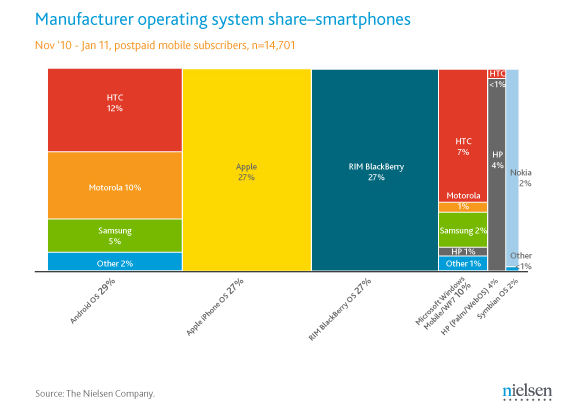Paradigm shift
While the PC industry will remain massive for years to come, the signs of a shift in momentum away from it are coming thick and fast these days.
Hot on the heels of the launch of Apple's iPad 2, market researcher Gartner has announced it is lowering its forecast for the PC market over the next two years, identifying tablets as a major reason for a fall in consumer interest in mobile PCs.
Gartner had previously forecast unit shipment growth of 15.9 percent for 2011, but it has now changed that to 10.5 percent. That's quite a big downgrade. Additionally it has downgraded its growth forecast for 2012 by a percentage point, and that's from the new lower 20111 figure.
"These results reflect marked reductions in expected near-term unit growth based on expectations of weaker consumer mobile PC demand, in no small part because of the near-term weakness expected in China's mobile PC market, but also because of a general loss in consumer enthusiasm for mobile PCs," said Ranjit Atwal, research director at Gartner.
The thing is, the PC market has been reliant for some time on consumer purchases of notebooks for its growth. On one hand it was inevitable that growth rates of 30-40 percent in the consumer notebook market were unsustainable in the long term, but the party seems to be coming to an end sooner than expected due to the explosion of other mobile devices, and with them alternative ways of interacting with the Internet.
"We expect growing consumer enthusiasm for mobile PC alternatives, such as the iPad and other media tablets, to dramatically slow home mobile PC sales, especially in mature markets," said George Shiffler, another research director at Gartner.
"We once thought that mobile PC growth would continue to be sustained by consumers buying second and third mobile PCs as personal devices. However, we now believe that consumers are not only likely to forgo additional mobile PC buys but are also likely to extend the lifetimes of the mobile PCs they retain as they adopt media tablets and other mobile PC alternatives as their primary mobile device. Overall, we now expect home mobile PCs to average less than 10 percent annual growth in mature markets from 2011 through 2015."
Incidentally Nielsen has also just published a report, this time looking at who's winning the US smartphone battle. It doesn't come up with a definitive answer, but does provide this handy table, which divides US smartphone sales by OS, and then subdivides each column by vendor.
Apple and RIM are both doing well, as you would expect, but Android is the number one OS. Within that, and fourth place Windows, HTC is the dominant vendor in the US, with Samsung lagging surprisingly far behind. As for HP and Nokia, the less said the better right now.














